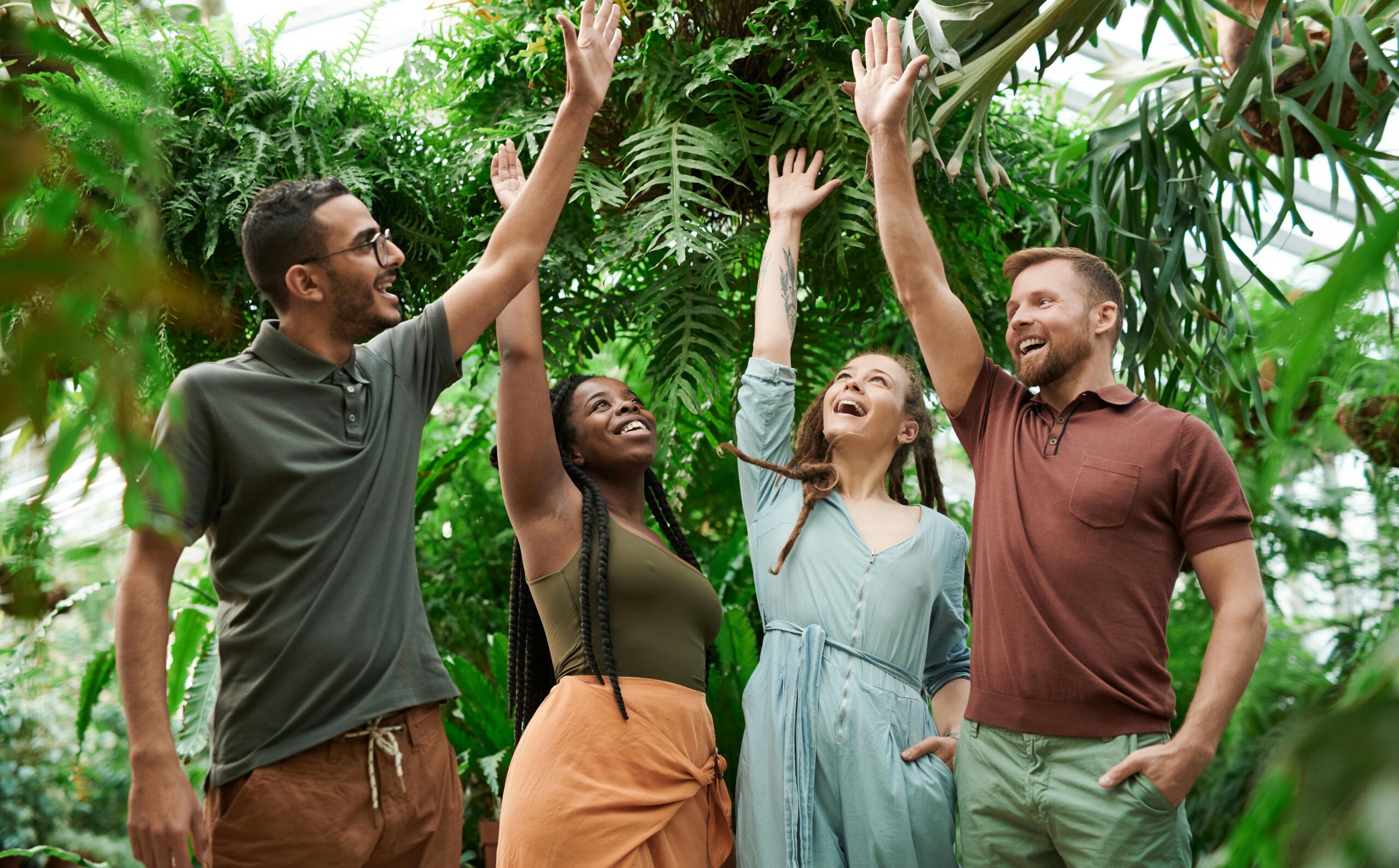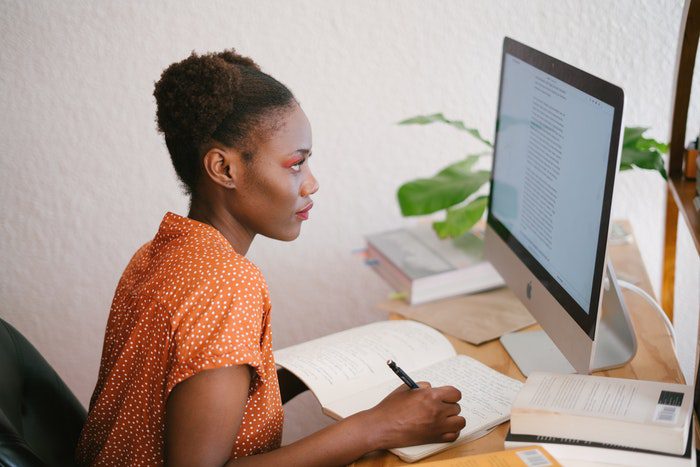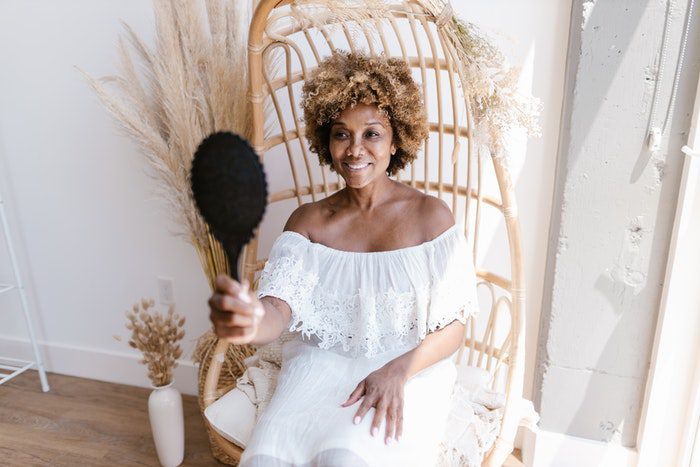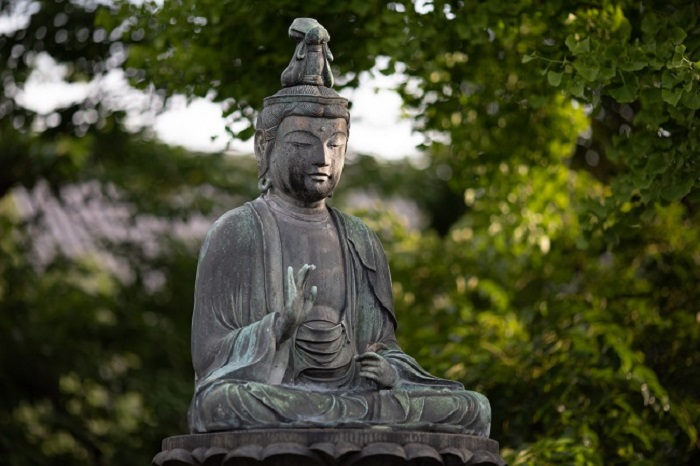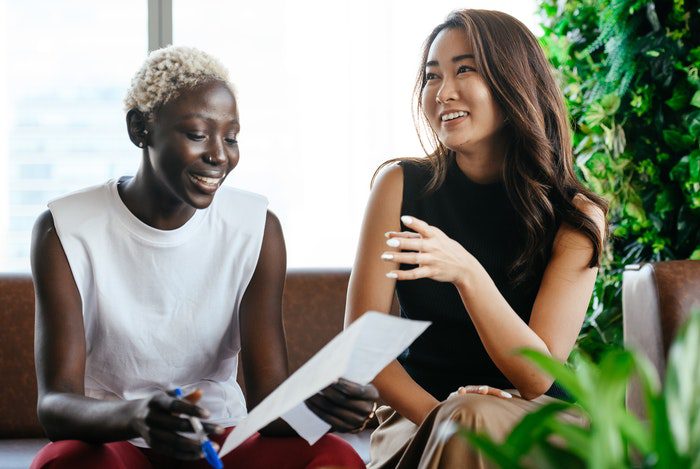One of the most subtle and cruel ways in which human beings hurt each other is through exclusion. Exclusion is a behavior that you typically see on children’s playgrounds. But, sadly, it’s also a behavior that you find amongst adults.
Adults exclude others for all kinds of reasons. Some people exclude others based on their sexual orientation. Other folks exclude people based on the color of their skin or their gender. As a society, we exclude people because they’re poor. Or because we don’t like their religious or political beliefs. We even exclude people due to their nationality.
There are even those who use exclusion as a form of social control. “You can be part of our group… But only if you think and become like us.” (Religious institutions have turned exclusion an art form.)
Exclusion is practiced in every part of society, from social groups to workplaces. Even in families, I’ve seen people exclude certain family members as a way to be hurtful.
Over the years, I’ve witnessed exclusionary behavior in every form. And what I can tell you is this: No good comes from it. It’s behavior that simply makes the world a far worse place.
The reality is this: Our world only will function optimally when every last person is included, respected and accepted.
So, if you want to be part of making the world a better place, the question you have to ask yourself is this: Am I an inclusive person? Do I spend my time judging others? Do I try to exclude others from the group? Or, do I make a concerted effort to make other people feel included?
Admittedly, we all fail from time to time in this area. Every one of us, at times, has chosen to judge rather than love another human being. And every one of us has chosen to exclude another person, rather than include. Not one of us is perfect in this regard.
Below are ways to become a more inclusive person. Consider following the approaches below and adopt attitudes and behaviors that foster a sense of belonging for everyone.
Educate Yourself
One important way to become more inclusive is to learn about other people. Now, that doesn’t mean watching the news. Realize that the news in today’s world is nonsense. It doesn’t seek to inform or illuminate. Rather, when you watch the news, you get a tiny tidbit of facts, surrounded by highly inflammatory opinions.
Instead, if you really want to educate yourself about other people, you need to read books and articles by subject matter experts. You need to watch documentaries. And most importantly, you simply need to get out into the world.
The reality is that it’s easy to have snarky, judgmental opinions about other people, until you actually sit down and have a conversation with them. You can have very unfair opinions about people based on their race, religion or sexual orientation, if you keep yourself in a bubble and don’t interact with other folks. But it’s hard to be judgmental about the person right in front of you, the person with whom you are chatting and having a cup of tea.
For instance, I used to have neighbors from the Middle East. They would invite me over for tea, or we’d chat in our yards about gardening. And what I know is that you can’t have tea with folks and chat about gardening and still have views about people that are fueled by the idiotic yammering that we see on the news.
Because the reality is that people are people. Yes, we may have different points of view and unique cultural habits. And some of us may have different religions. But as human beings, we have far more in common than what separates us.
As human beings, we all want to be successful at something. Everyone wants to live safely and have the basics, like food, clothing and shelter. And we all want to position our children to succeed in this world. Those are fundamental desires that we as human beings share regardless of our gender, religion, ethnicity, race or sexual orientation.
The problem is that we forget how much we have in common as human beings when we isolate ourselves, and when we fail to educate ourselves about others through learning and interacting with the world.
So, develop a more inclusive attitude by simply educating yourself. Read! Talk to other people. If you do so, you’ll realize that those things that we mistakenly think really matter – gender, race, sexual orientation, nationality – are irrelevant. And that the only thing that truly matters in this world is having a kind heart.
Challenge Your Own Biases
Sometimes, we may have biases that keep us from including others. Admittedly, those biases are hard to undo. After all, if someone questions our beliefs or biases, we tend to dig our heels in the sand. We become defensive or even more militant in our ideas. And we certainly don’t respond by taking a hard look at our attitudes and beliefs.
So, the key to becoming an inclusive (and dare I say fully evolved) human being is to learn to question your own beliefs. Regularly.
For instance, any time you have a negative belief about someone based on anything other than your own personal experience of that person, you need to question that belief! As an example, let’s say that I see someone walking down the street with a certain color of skin, hairstyle or manner of dress. If I have a knee-jerk conclusion about who that person is, I need to stop myself and challenge my conclusion. The reality is that I don’t know that person! How can I possibly form an opinion about someone who I just don’t know?
We should question our biases and reactions in every arena. So, for example, if the religious beliefs of other people bother you, ask yourself why. Why are you bothered? How does another person’s religious beliefs affect you? Dig deep. Because if you keep asking yourself the question “why,” you’ll learn that maybe at your core you have beliefs that are exclusionary.
You may find that you are uncomfortable living in a world in which people have different skin colors, sexual orientations or political or religious beliefs than you. If so, you need to learn to get comfortable! Because other people don’t need to march to the beat of your drum.
When we really question ourselves and challenge our beliefs, we may find out that we have some unsavory views. Views which lead us to exclude rather than include others. The good news is that once we recognize our exclusionary biases, we can change our attitudes and become more inclusive.
Promote Inclusive Language and Behavior
In today’s society, we recently have become more flexible with our use of pronouns. So, folks get to choose what pronouns others use when speaking to them or talking about them. For instance, I choose to have people use “she/her/hers” when referring to me. But, if I so chose, I alternatively could ask people to use the pronouns “he/him/his” or “they/them/theirs.”
I know that this is difficult for some. Many people just want the world to be simple. They want girls to be referred to as “she,” and boys to be referred to as “he,” and have that be the end of the discussion.
But if you want to include people, that means making them feel accepted. And if someone who is biologically a girl asks to be referred to as “he” or “they,” why not just respect their request and do it? Is it any skin off your nose? No, it’s not. It just isn’t that big of a request. The person isn’t asking you for $20K. The person simply is asking you to use a certain pronoun when speaking about them. So, if you want to be inclusive, then just use the pronouns that people ask you to use. Without whining or kvetching.
Frankly, I’ll refer to people with whatever pronouns they request. Why? Because my top priority is to make others feel accepted and comfortable. And if my using a certain pronouns helps someone to feel included, my goodness, I’m happy to do it!
We can include others in all kinds of ways with our language beyond pronouns. For instance, we can refrain from making jokes about others based on their ethnic background, gender or sexual identity. Sadly, I grew up in a generation in which that kind of humor was acceptable. I’m heartened to see that in today’s society it’s not.
The bottom line is that our words matter. And a wonderful way to make others feel accepted in society is to use our words to include, rather than exclude, others.
Be an Inclusivity Role Model for Others
One important way that we can promote inclusivity is by being careful about how we operate in society. That means making others feel included in our workplaces. And it means making others feel included in any other social setting, including our places of worship.
Now what does inclusive behavior mean on a practical level? Well, it means going out of your way to say “Good morning” to folks who may not feel like they are part of the group. Or inviting people to lunch who may usually eat alone. It’s about making people feel welcome.
Being inclusive really is about being a superior person. Average people try to be part of the popular crowd. They work hard to be included in whatever group is “cool.” Superior people are focused on something entirely different. They are focused on finding that one person who feels separate. And the superior person then will work to include that one excluded person.
If you are seeking to become a more inclusive person, consider following the approaches above. If you do so, you’ll be part of making the world a better place. A world in which everyone feels respected, valued, accepted and included. (To read about the life changing power of acceptance, click here.)
